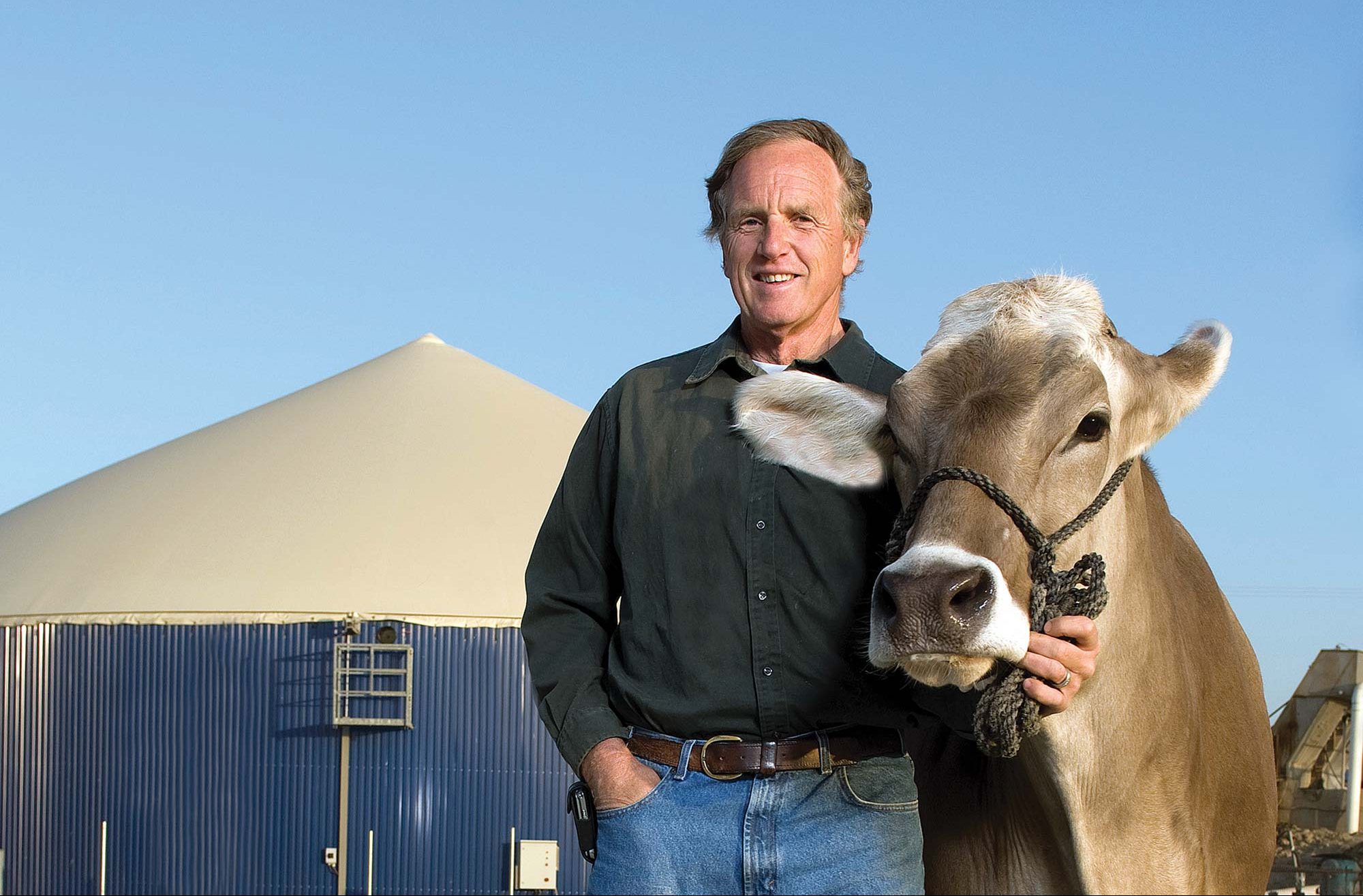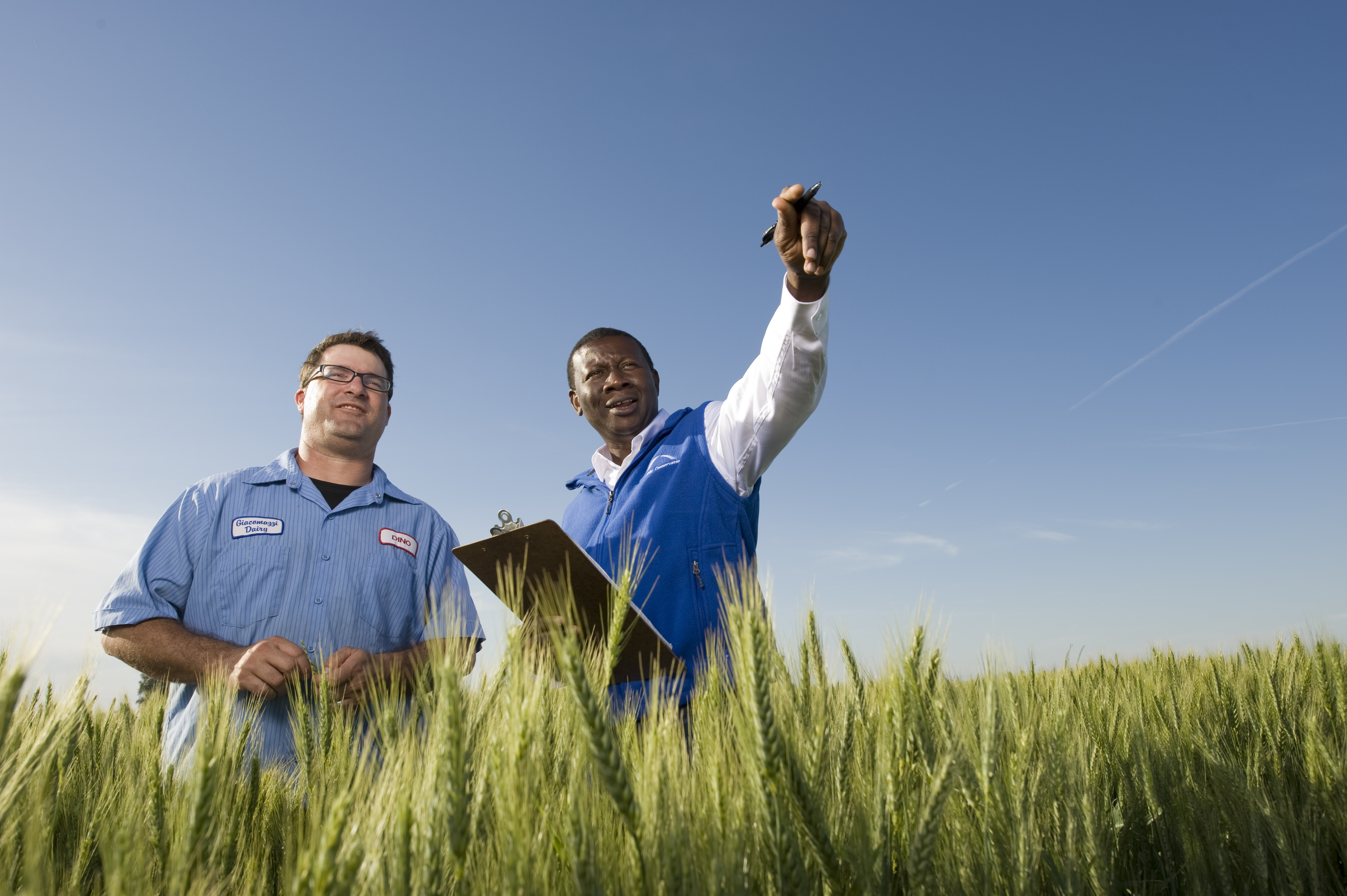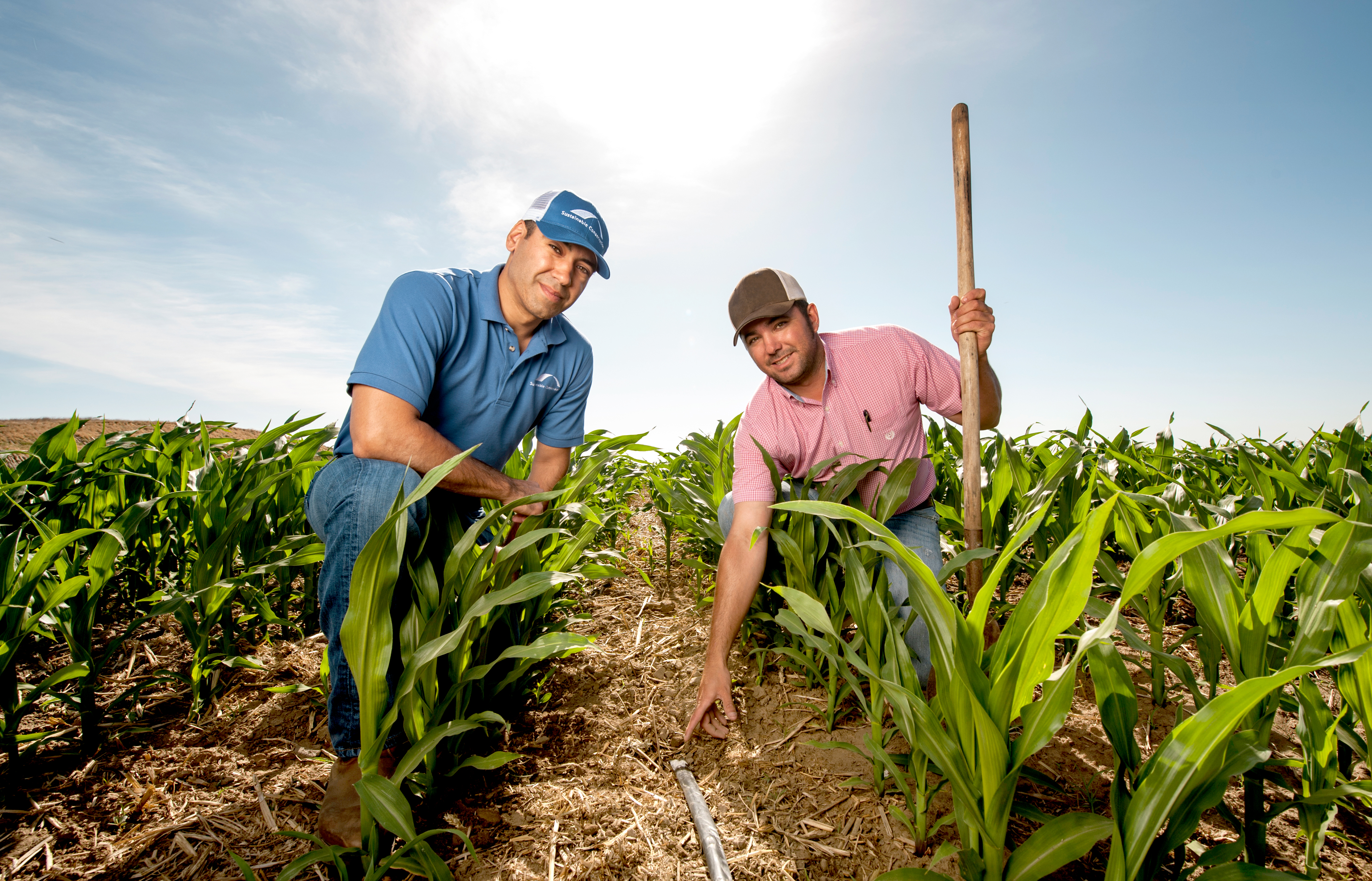Manure Injection
The traditional way of applying manure to crops as fertilizer results in significant air pollution and greenhouse gas emissions, as well as strong odors. The manure slurry is applied to the surface of the field, then left to dry for several days, after which a tractor passes through and incorporates the manure nutrients into the soil. During the drying process, manure nutrients are lost to the atmosphere as ammonium and volatile organic compounds (VOCs) pollute the air, exacerbating serious air pollution in California’s Central Valley. In addition, methane – a potent greenhouse gas – is released from the decomposing manure.
Our Role
Sustainable Conservation is actively involved in developing and promoting an innovative manure injection technology that dramatically reduces air pollution and odors as much as 90%. Equally important, it reduces methane emissions and helps utilize more of a dairy’s manure to fertilize crops. Air pollution is further reduced because fewer diesel-powered tractor passes are needed to cultivate fields.
Manure injection can either be done with a tank or by pumping manure slurry through a industrial hose – up to four miles away from a dairy lagoon – to a specially designed tractor which directly injects manure below the soil surface as it moves across the field (pictured). Manure can be successfully injected in both conventional tillage and conservation tillage systems with currently available equipment.
This method allows a more precise application of manure to the fields so farmers are less likely to apply more manure than crops can utilize. This reduces the chance that excess nitrogen in the manure slurry will pollute local waterways or groundwater, which is a serious problem in some rural California communities.
THE BENEFITS OF MANURE INJECTION
- Reduced air emissions, greenhouse gas emissions and odors
- Increased utilization of manure nutrients, hence improved soil and plant health
- Increased crop acreage accessible for manure application
- Reduced use of commercial fertilizer
- Reduced risk of polluting local waterways or groundwater
With its university and farming partners, Sustainable Conservation has conducted on-farm evaluations to confirm the effectiveness of manure injection and is now actively promoting this technology. Dairy farmers and other stakeholders are impressed with the technology and some are now implementing it in their operations, with positive results.
To learn more and try manure injection on your farm, contact Sustainable Conservation Senior Project Manager Ladi Asgill at (209) 576-7729.



